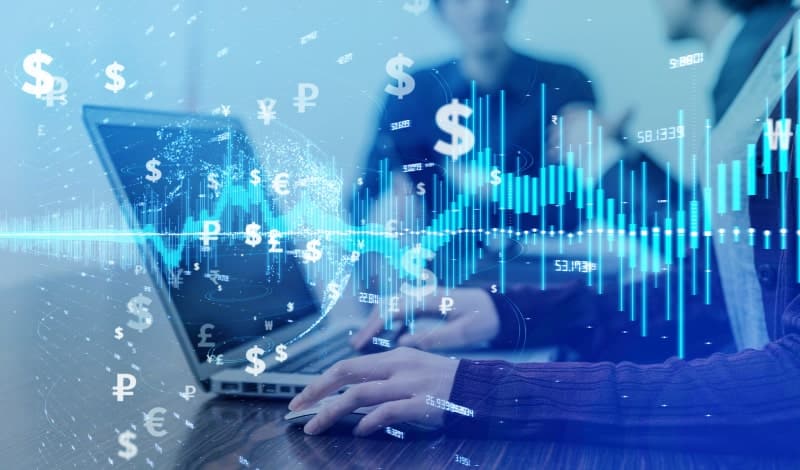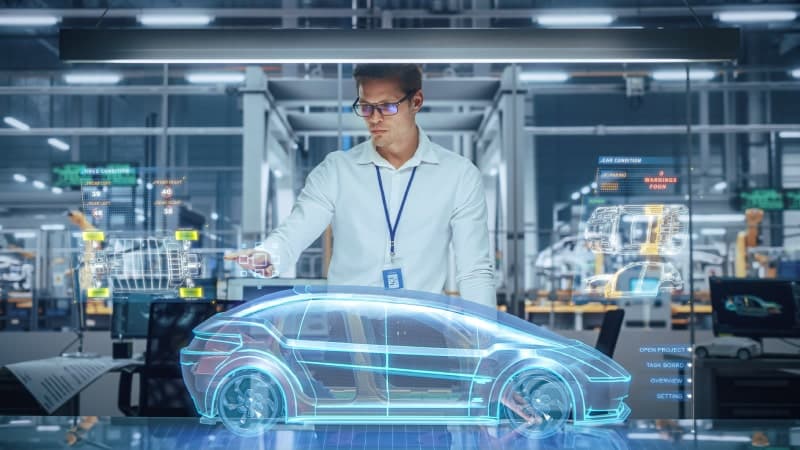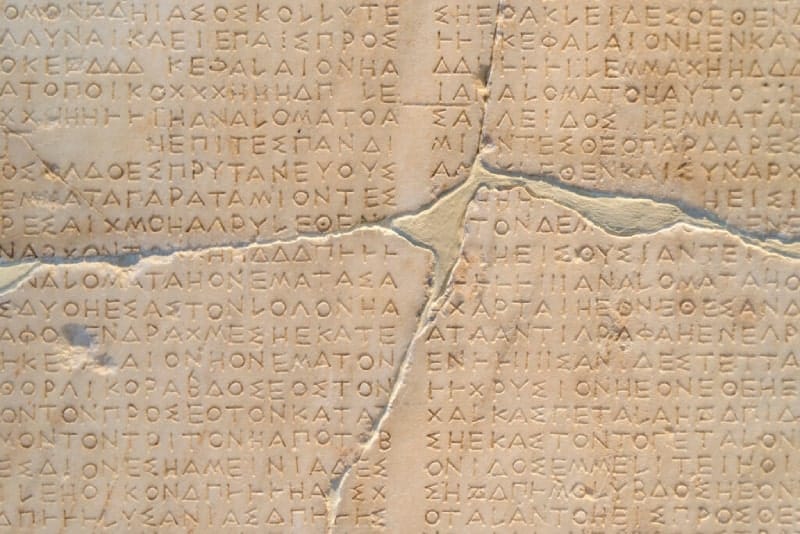Welcome to our new blog series where I’ll highlight AI applications across a range of industries that are creating real world value for businesses and consumers, and for a bit of entertainment I’ll add something fun from the world of AI. This could be a new discovery on ChatGPT, something related to one of my personal interests, or something different altogether. I hope you’ll join me to discover the innovative applications of AI that are shaping the world around us.
Automated financial investing

Whether you’re new to investing or well-traveled on your investing journey, automated financial investing may be an interesting way to level up your financial portfolio. Also known as “robo advisors,” automated investing uses computer algorithms to generate tailored financial planning or retirement advice. These computer algorithms are used to select and trade stocks, exchange-traded funds (ETFs), or other assets without the need for oversight of a human financial advisor. This cuts out the middleman and some of the barriers to entry for many investors who are just starting to build their net worth through investing.
Robo-advisors are more affordable and convenient. Less research and management are needed to oversee your stocks since algorithms are fed all the information they need through AI and machine learning. If you want to learn more, check out SoFI’s post about Automated Investing 101.
Vehicle design with digital twins and AI

When it comes to AI in the automotive industry, most of us probably default to self-driving cars and vehicle’s virtual assistants. However, manufacturers are also enabling AI algorithms to build cars. Enter: digital twins. A digital twin is a virtual replica of physical objects. Their purpose? To run cost-effective simulations that mimic real-world assets in a digital space.
In the automotive industry, digital twins are used to create replicas of an entire car, including software, mechanics, electronics, and the vehicle’s physical behavior. The digital twin holds all data from real-time performance to warranty data. This technology uses IoT sensors, log files, and other relevant information to collect this real world data and then is combined with AI-powered analytics tools in a virtual setting.
The use of digital twins enhances factories and manufacturer efficiency. It cuts cost for product testing and employee training as this can all be done in a virtual environment. It also benefits the health of production lines and factories by determining the maintenance needs in real time. So, what happens when factories and more efficient and can cut costs on the making of cars? Vehicles become more affordable for consumers.
Restoring ancient texts

AI and machine learning are not only changing how businesses operate; they are also impacting history as we know it. DeepMind, pioneers in the field of AI, have developed a tool called Ithaca, an interactive interface that restores and attributes Ancient Greek inscriptions.
Why is this so cool? Well first off, to the best of my knowledge, it is “the first Deep Neural Network for the textual restoration, geographical, and chronological attribution of ancient Greek inscriptions.” Basically, it’s a human brain on hyper drive and then putting it to work on the restoration of ancient Greek texts.
Having a tool that can continue to learn and expand its intelligence while operating similarly to a human brain is what makes Ithaca so unique. Epigraphy – the study of inscribed texts or inscriptions- is the main discipline for gathering evidence of the thought, language, society, and history of past civilizations. But between the constraints of current epigraphic methods and the fact that many ancient texts are damaged to the point of illegibility, historians can only do so much.
Ithaca is designed to assist and expand the historian’s workflow: its architecture focuses on collaboration, decision support, and interpretability. What the creators of Ithaca have done is unlock the cooperative potential between AI and historians, which can transform the way we study and write about ancient civilizations – for Ithaca, specifically Ancient Greece.
Can you imagine? Ancient Greek texts that have never been able to be restored due to years of ruin suddenly being restored and attributed to the correct time period. As a history buff myself, I can’t wait to see what they discover!
As you can see from these examples, the impact of AI is far-reaching and is enabling breakthroughs that will fundamentally change the world we live in. Join me next month when I’ll share more of these exciting applications with you!




